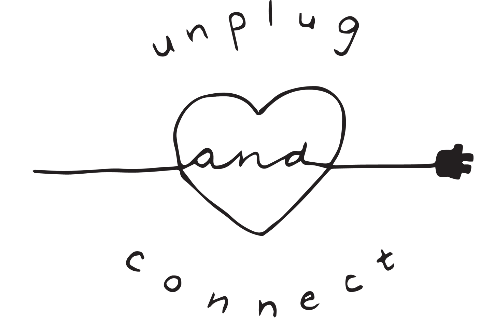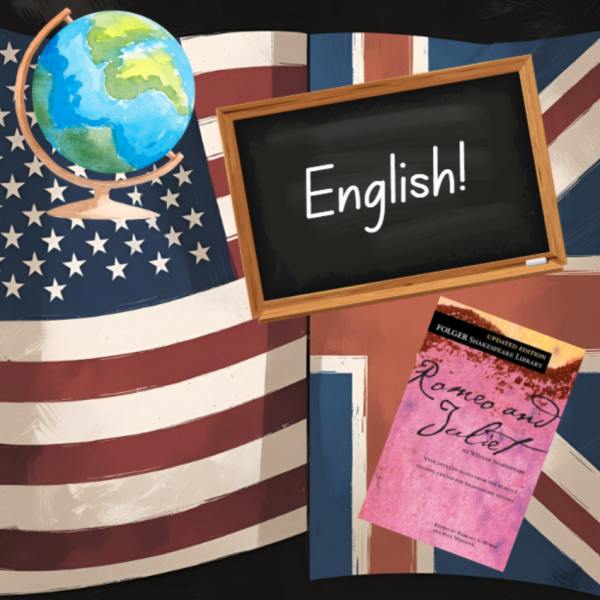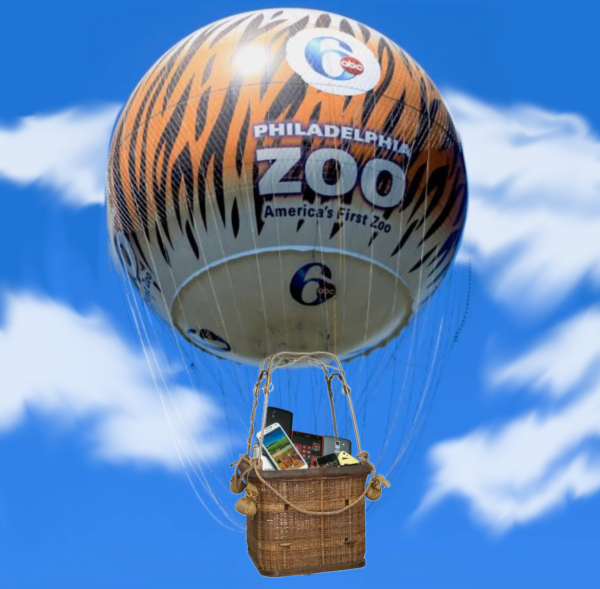National Unplugging Day Causes Surge in Radnor Paper Use
“The Radish offers satire and parody as commentary and critique on matters of public interest. No article posted on the Radish should be taken literally or viewed as representing truthful statements of the individuals or organizations which may be mentioned in the articles.”

March 29, 2022
On National Unplugging Day, Radnor students saw a 500% increase in paper waste, making Radnor students the greatest per capita contributors to Amazon Rainforest Deforestation in all of Pennsylvania.
March 4th was National Unplugging Day, prompting the students to trade in their Surface Gos for old-fashioned pen and paper. Half of their paper usage can be attributed to notecards on the cerebellum and the Oedipus complex. Close behind, the environmental science class directly aggravates the ongoing natural habitat crisis with its amount of paper use. As one senior poses, “I can’t seem to pinpoint exactly what it is, but something about this situation seems very ironic.” The Radish traced the other 50% of paper waste back to a combination of penned science labs and ambiguous paper structures deemed “team challenges.”
As expected, the number of band aids requested from the school nurse for paper cuts momentarily skyrocketed. On the bright side, although the last snow of the season is melting, students don’t have to stop practicing their snowball throwing skills just yet. In response to the abundance of crumpled up paper balls, impromptu snowball fights have sprung up in the Library Courtyard. Second-semester seniors are known to “study” in the hidden corners of the courtyard, firing at passerbying underclassmen when they walk close enough. Another senior is so enthusiastic about the snowball fights that he debates pitching to the administration about having Unplugging Day everyday: “The snowball fights are encouraging teamwork between seniors toward a common cause against underclassmen; there couldn’t be a better way to bond just when senioritis is kicking in.”
A park ranger in Brazil puts in his two cents: “I don’t know what those kids in Radnor are doing with all that paper we are sending up North, but I sure hope they’re recycling it!” Students testify that at least some of the paper makes it to either a brown, blue, or gray bin, all of which are lined with the same non-recyclable plastic trash bags, but they can’t say for certain where the paper goes after that. The vast majority of the remaining paper still lies crumpled at the base of students’ backpacks, mashed under various books. This paper will not be removed from students’ backpacks until after finals, at which point any writing or ink that may have appeared on the papers will be illegible.






